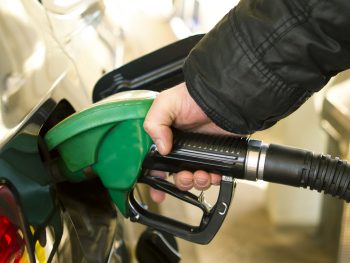Fuel card benefits still paramount in volatile marketplace
Pump prices may have dropped in recent months but fleets can save further by adopting best practice for fuel management.

Fuel cards represent an effective way to save cost, as they can ensure that drivers use the most economical options when purchasing fuel and also stop fraud
That includes looking at the benefits of fuel cards, which can help operators to better manage and minimise the costs of fuel purchasing, as FuelGenie has pointed out.
Tony Burgess, director, merchant network, elaborated: “It’s been a turbulent year for all, with prices rising across the board and queues at many outlets to secure the least expensive fuel. What that means more than ever, though, is that company owners and managers should not neglect any action possible to reduce costs within their business.”
It’s highlighting how fuel cards represent an effective way to save cost, as they can ensure that drivers use the most economical options when purchasing fuel.
But fuel cards also cut down the administration time for individual drivers who no longer need to shell out for fuel and carry out lengthy paperwork each week or month to claim this back on expenses.
“This helps individual staff members too,” continued Burgess, “as they are no longer facing a monthly credit card bill bolstered by company fuel costs – and those that were paying for their company fuel by cash no longer need to worry about a trip to the cashpoint to ensure they have enough. Given that fuelling a vehicle from empty can now cost three figures, that will be a big boost to those individuals’ personal cashflow too.”
And the reduced administration burden extends to internal office staff too, as they are no longer processing so many expense claims.
Burgess outlined: “The hours spent on checking, validating and processing each claim mount up rapidly, especially where dozens or even hundreds of claims are being processed each month. Then VAT reclamation must be considered too, which can itself become a challenge if receipts are unavailable.”
Other benefits include a clampdown on fraud – fuel cards can include a vehicle registration number (VRN), ensuring that fuel purchased is definitely going into a designated company vehicle, and that only fuel is being purchased.
Fuel cards also generate valuable and highly accurate information for each vehicle on mileage undertaken and overall fuel economy – the latter giving a key indicator of driver behaviour and of where extra training may be needed.















